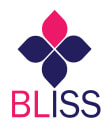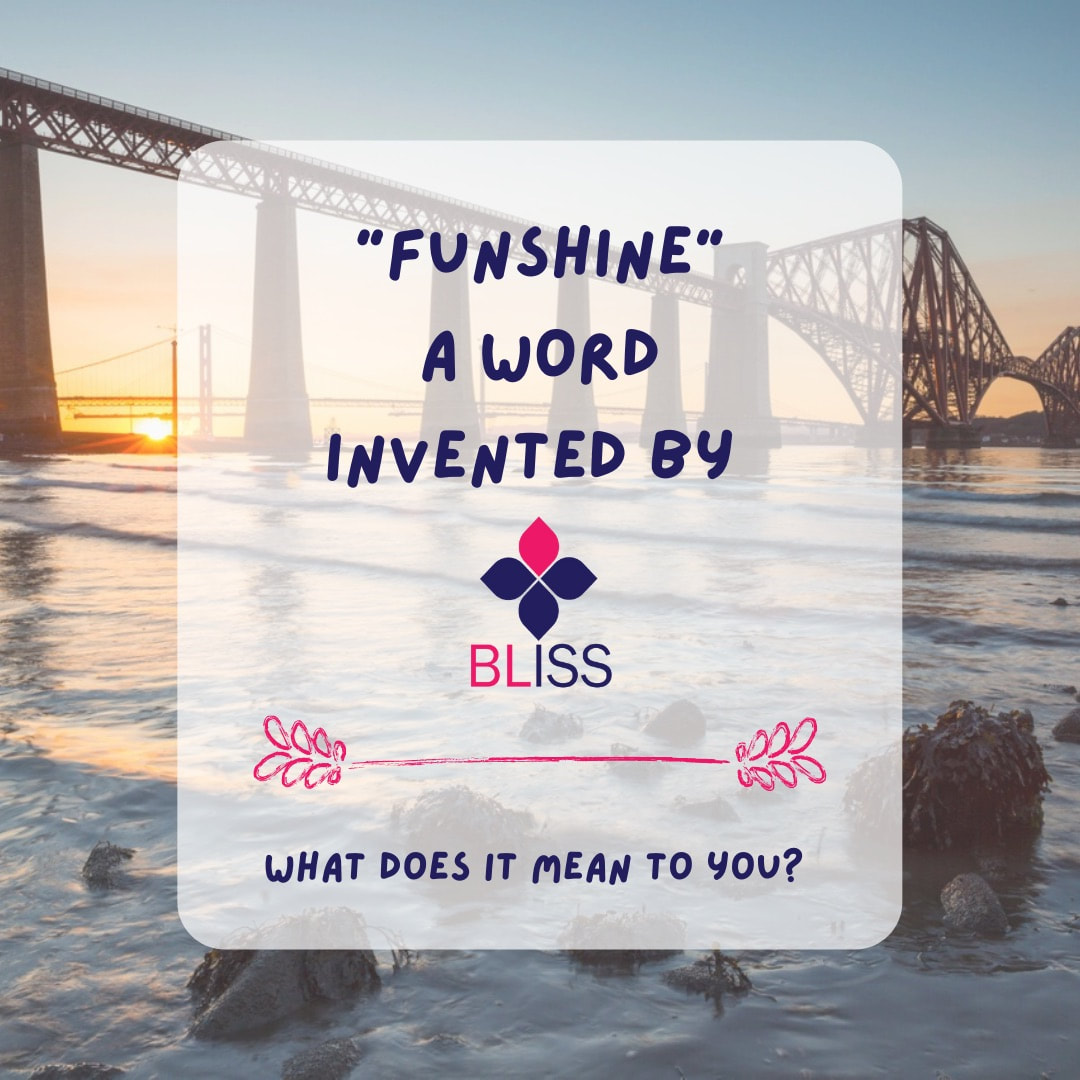|
Springtime in Scotland is a sight to behold for several reasons:
0 Comments
Edinburgh, Scotland's capital, is a city brimming with history, culture, and architectural wonders. A visit to Edinburgh offers a blend of ancient and modern attractions. Here's a suggested sightseeing itinerary for a 3 day visit;
Day 1: Historic and Cultural Exploration
Learning English as a second language can bring many benefits, both personal and professional. Here are a few reasons why someone might choose to learn English:
Scotland is a country located in the northern part of the United Kingdom. It is known for its stunning landscapes, which include rolling hills, misty mountains, and rugged coastlines. Scotland is also famous for its rich history, including its role in the Wars of Scottish Independence and its association with legendary figures such as William Wallace and Robert the Bruce.
The country is also famous for its cultural heritage, including its traditional music, dance, and cuisine. Scotland is home to many unique and diverse cities, including the capital city of Edinburgh, known for its historical and cultural attractions, as well as its vibrant nightlife. Scotland is also famous for its natural beauty, including Loch Ness, which is said to be home to the legendary monster Nessie, and the Scottish Highlands, which offer breathtaking views of rugged landscapes and wildlife. Overall, Scotland is a country steeped in history, culture, and natural beauty, and is a popular tourist destination for people from all over the world. We can't wait to see you soon! Hey! Hey you! Yes, you! I see you…
Do you see me? I can see you. How hard it is though and how much we are all feeling the same and how much we want some kind of normal back, but just with added hand sanitiser. It has been a tough 2 years. I remember when in March 2020 we were booking in students, excited and giddy (and that’s just us!) for summer 2020 and overnight it stopped. ‘It won’t last’ many of us thought in the early days of the Pandemic. It did last though and it is lasting and when we look back on this we will ask ‘what did you do in the Pandemic?’ because whatever it was, it wasn’t what you thought it would be. We thought that summer 2020 would be like every other summer, filled with laughter, dreams and long evenings of summer funshine* (there’s a new word for you). we thought that summer sports would run into pizza nights in the outdoor classroom, and we thought that friendships would be made across the globe, as they are every summer, well at least for us. But things changed. But you know what? If they changed once they will change again, they will change back to a time when we can be together, when all we have to worry about is whether we should do sports then the disco or disco then sports. And when that day comes, we will be here. You will be here and we will be together. Laughing in the funshine* *Funshine. Abstract Noun. The happy feeling you get when you are enjoying yourself outdoors, in the fresh air, with friends. Learning a foreign language is simply amazing. it challenges how you think, how you speak and how you write. You can see clear meaning everywhere and you can express that yourself. I would only ever argue to not learn a language if you don't have curiosity. If you want to sit in your native language safe zone and never venture out to bright and breezy pastures new, then yes, try something else.
But if you do have that curiosity, if you do want an insight to another culture and you do think about why we say the things we do in our first language, then absolutely open that book, turn on YouTube or buy a Google some phrases! You will not look back and you will not regret it. You'll never be bad at it as it is a journey that we are all on, throughout our own language learning. Every time you hear a foreign accent in your own language, be brave enough to think that behind that accent is another language, maybe more than one and that this person has had the courage to build upon that foundation. They have the courage to say, I'm not finished learning yet. Do you have that courage? BLISS Learning I am really excited to be part of the #wowchallenge
Starting my own business was daunting, exciting and didn’t feel real. Somewhere at the back of my mind I thought that I would be back look at the jobs ads soon enough. After 20 years’ teaching English in Italy and the UK, gaining my diploma in TESOL and travelling the world to promote international summer schools, while building my own consultancy, I still had my doubts and thought I would probably fall, but I knew I needed to get on with the challenge and start my own school. I had 2 wow moments, but the first one was the first time a student booked my summer camp. Out of all the other options they chose BLISS! The messages that I was sending out had been received! They had been interpreted and they had had a positive impact. This was huge! You know when you hear about small business owners doing a happy dance when they make a sale, I can tell you this is absolutely true. I called my family and friends, and I finally came off cloud nine when I realised things had gotten real. The determination I felt to have more than one lone student in my summer camp made me WhatsApp, present, call, Skype and talk my way to one booking after another and while the camp shaped up, in a modest fashion, with each and every summer camp student booking celebrated the same way as the first. #wow.lexfiscal #wow_lexefiscal #sayitwithasnapshot #WoWchallenge About a year ago the word lockdown was not much used, no one was clear on how to socially distance and it is a verb or a noun or an adjective? It turns out to be all three. We were concerned it would seem rude to step back from people, until we flipped that on its head and realised, we were keeping others safe by doing so, so terribly British to be afraid to offence mid-pandemic.
I think that lockdown (should it be Lockdown?) is different depending who you are, where you are and who you are with. For me, I spend every day at home. I try to learn something new and I talk and talk and talk, a lot! (Which is actually a quote from my dad’s father of the bride speech!) On the phone, to my husband, even the poor dog when I think about it. But it is what keep me sane. People gasp at how clever, through Skype etc, my dog is and how he understands everything I say to him. I inwardly blush when I think about how I chatter to him all day every day and so with all this practice, he understands me seemingly without effort. Lockdown means not meeting my friends, but it also means spending family time at home. It means not meeting my mum for coffee and chitchat, but it means buying a new bean to cup coffee machine that rocks. It means not knowing about the future, but it means I know what I will do today. We can take happiness from the different world that we now live in. I can guarantee you the outside world will be waiting for us when we are able and ready. Until then, we are, all of us, not just me and not just you, we are all in a tunnel, waiting for the green light to turn to go and let us come out into the daylight. And when that day comes, we will be ready. Much love, from Scotland. Our director, when she was a student at university, became very frustrated when she couldn’t get a job, because she was a student. “I will not tolerate this, mum!” she cried, back in the day. Her mum, her sounding board and now summer school member, nodded her head wisely, as she agreed wholeheartedly that it was very unfair.
How is any young person supposed to get ahead in life, without a start? Without getting on the climbing frame of life and trying their best? We have all fallen off a few times sure, but none of us would be where we are today, without a helping hand up. We at BLISS take our educational duties very seriously. We want to help young people thrive and survive in life and we can support this in two ways. We can teach young people, real authentic, how-it-is-actually-used-and-spoken English, a valuable skill at home and abroad and for business or pleasure. We can ensure that all of our classes are relevant for each age and for each stage and we can provide a safe and natural environment where students can talk to each other, to residential and activity staff and to teachers, all in English. This environment is called Natural Acquisition and it works. The language remains with you as you are learning through experience and through action, rendering it more natural to you. The second way in which we can help young people, is, when they are old enough, we can offer them an internship. Now, the summer school is a very special place and so we only ask very special people to join us, but when you do, you will get valuable work experience, make friends for life and be involved in the magic of summer school that will remain with you forever. Nothing quite beats a summer at camp. It is full of new experiences, new routines, hearty laughs and a lot of hard work to make it as special as it is. However, as much effort as it takes to make it all look seamless, the satisfaction is unlike any other. We will give you a start, we will give you a reference and you know, what? We will pay you, as we will value and appreciate you and your input. When you apply to us, we will review your application and if suitable, we will call you for a Skype interview. We will consider all backgrounds, all educations and everyone who is in the age bracket. As long as you can work in the UK, you can work with us. This is exactly what our director meant when she told her mum, way back when, that she wouldn’t tolerate not having a chance to get her foot on the climbing frame of life. She would also like to thank the children’s adventure park The Play Factory, who gave her the first chance to get on the climbing frame, quite literally. If you want a start and to be a part of our special team, send us a covering letter telling us why, along with your CV. We look forward to hearing from you. During my thirty-year career teaching Latin, people asked me one question more than any other. We know how the Roman Catholic Church pronounces Latin, but how did the original native speakers, the Ancient Romans, pronounce it? Obviously, we can’t go back two thousand years in a time machine and make a tape recording, but we can reconstruct the sounds of the spoken language by following many clues.
Firstly, Latin poetry was written to be read aloud. We should therefore expect an abundance of sound effects in the Aeneid, written by Virgil (70-19 BC), during the last eleven years of his life. A common literary device was onomatopoeia, where the sound of a word is strongly suggestive of its meaning. Simple examples in English might be: crash; thud; hoot; wail. In the first book of the Aeneid, Virgil describes a storm at sea, which swallows up an entire ship: “torquet agens circum et rapidus vorat aequore vertex.” (I: 117). “The peaked wave spins and twists it round, snatches it and swallows it up in the sea.” If we were to insist on the English convention of pronouncing the letter v as in English, all Virgil’s mastery of onomatopoeia would go for nothing. If, however, we treat the letter v as a consonantal u and pronounce it as a w, we can hear the “bloop bloop bloop” of the sinking ship in the last three words. This tells us that the joke in “1066 and All That” about Caesar describing his enemies as “weeny, weedy and weaky” is not quite as loony as it first appears (he described his lightning-quick victory at the Battle of Zela 42 BC in the famous words “veni, vidi, vici: I came; I saw: I conquered”). Secondly, the Romans, just like everybody else, made spelling mistakes. There is a wall in Pompeii, covered in Latin graffiti. The name “Hortesius” is mentioned. We know there was a common family name “Hortensius” in Ancient Rome, but the Pompeian graffiti artist spelled it as he heard it. This goes a long way to explaining how the Latin word for “table” (mensa) ended up as “mesa” in modern Spanish, as well as the Italian istruzioni, which in English has its N. Thirdly, there is transliteration, where Roman names, originally written in the Latin alphabet, are represented in Ancient Greek texts by spellings using the Greek alphabet. The most famous instance is “Cicero” the famous Roman orator and politician. Was he “Kikero” or “Sisero”? In modern English, we call him “Sisero”, but the Ancient Greek historian Polybius used the Greek letter kappa to tell his readers about “Kikero”. I’m going to leave it at that for now and wish everyone well. Stay safe. |
BLISSWe are English language experts. We think about English and the teaching of English, we implement that in our school. The BLISSful blog is an insight into English language summer schools and why we are different. Archives
February 2024
Categories |

|
Company |
|
Proudly powered by Weebly


 RSS Feed
RSS Feed




